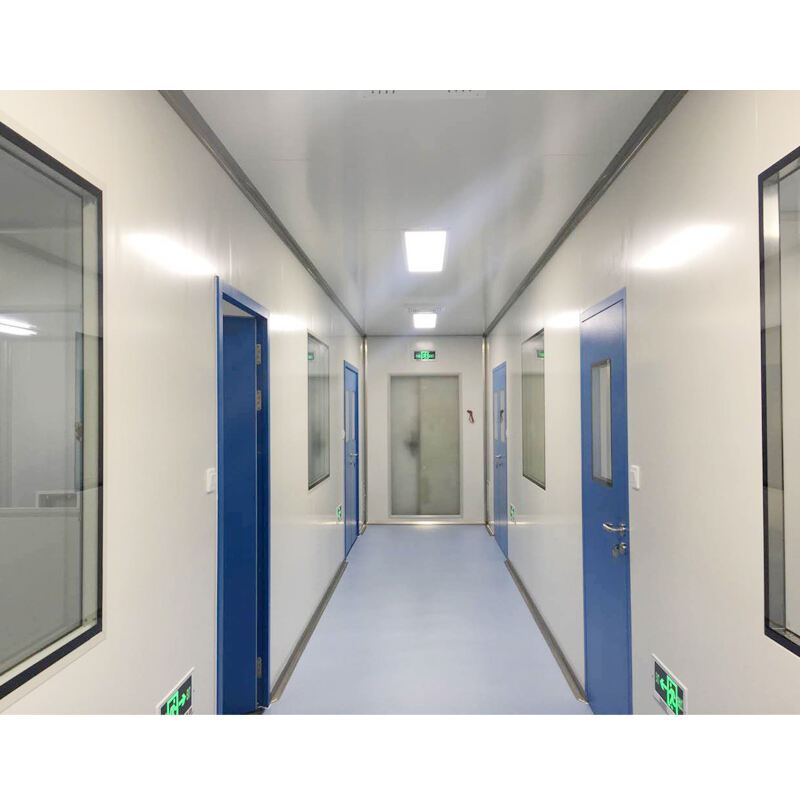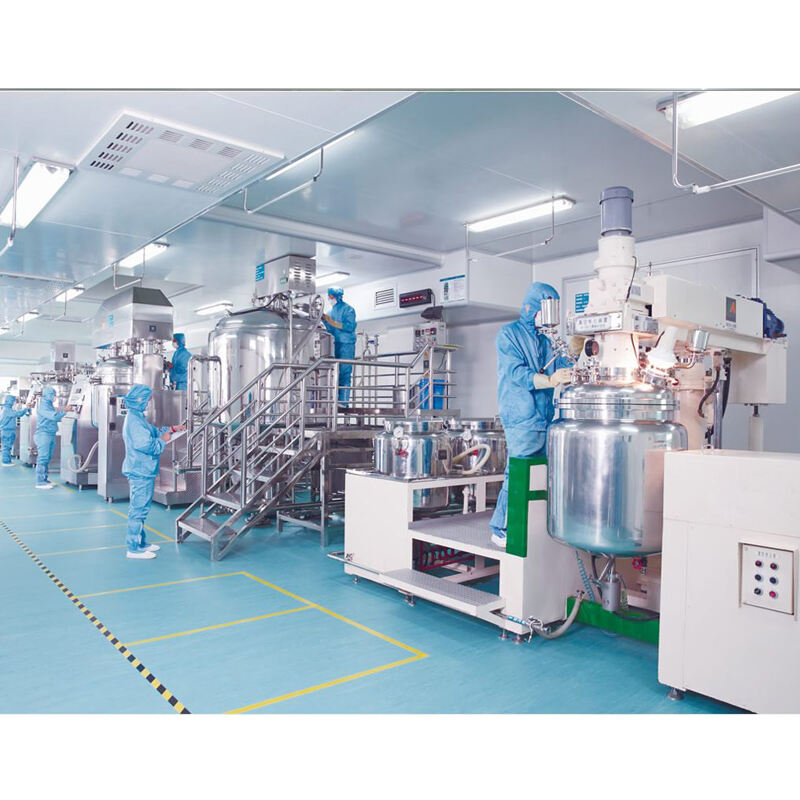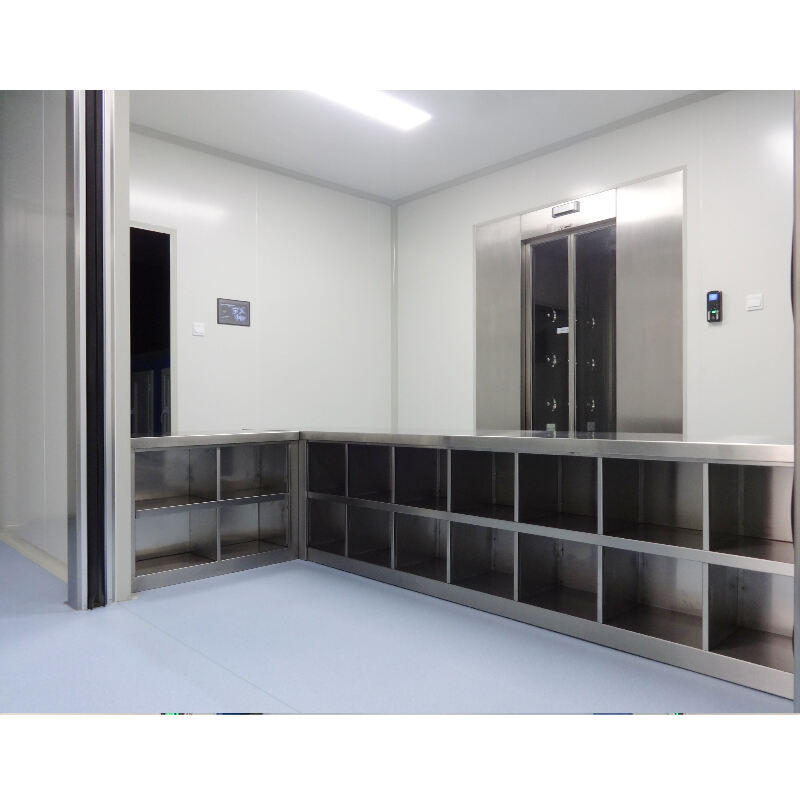clean rooms in hospitals
Hospital clean rooms are specialized, controlled environments designed to maintain extremely low levels of airborne particles, microorganisms, and contaminants. These facilities incorporate advanced filtration systems, including High-Efficiency Particulate Air (HEPA) filters, which remove 99.97% of particles measuring 0.3 microns or larger. Clean rooms feature positive air pressure systems that prevent contaminated air from entering when doors are opened. The walls, floors, and ceilings are constructed with non-porous materials that resist microbial growth and facilitate thorough cleaning. These spaces are equipped with specialized lighting systems, temperature controls, and humidity regulation to maintain optimal conditions. Medical staff must follow strict protocols, including wearing appropriate personal protective equipment and following specific entry and exit procedures. Clean rooms are essential for various medical procedures, including organ transplants, cardiac surgeries, and the preparation of sterile medications. They also serve as controlled environments for medical device manufacturing and research activities. Regular monitoring systems track air quality, pressure differentials, and environmental parameters to ensure compliance with healthcare standards.


